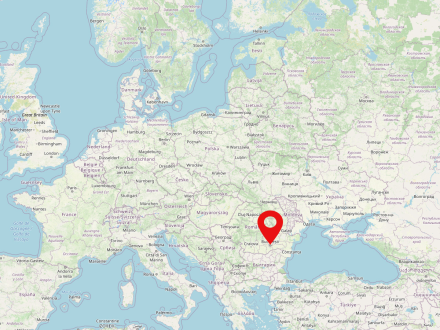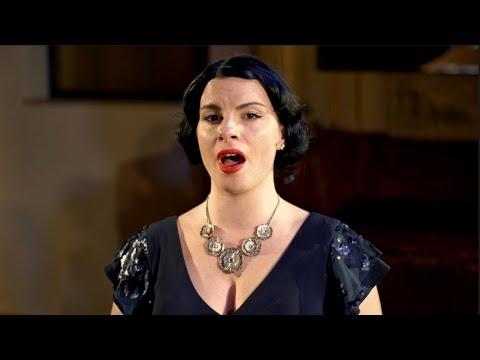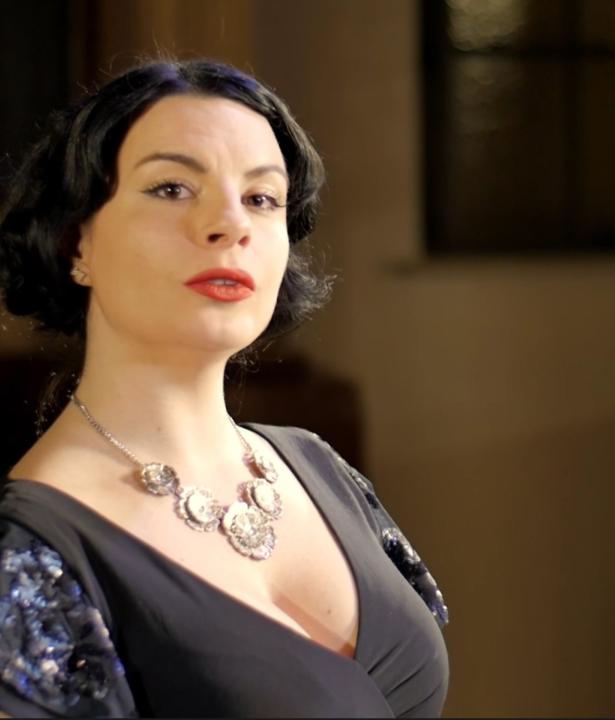Bucharest is the capital of Romania and today has over 1.8 million inhabitants. In 1659 Bucharest replaced Târgoviște as the capital of the Principality of Wallachia. After the unification of the Danubian principalities (Moldavia and Wallachia) under Ion Cuza in 1861, Bucharest became the capital of Romania in 1862. Within a short time, it had become by far the largest city in the Southeast European region between Budapest and Istanbul. Under King Carol I. (1866-1914) Bucharest underwent urban planning changes following Western trends, with palaces, boulevards, parks, Art Nouveau villas and electric lighting. Towards the end of the 19th century, the city also developed into an industrial and financial center. In 1916, during World War I, it was occupied by the Central Powers, with whom a peace treaty was signed in 1918. Between 1936 and 1940, a Parisian-style boulevard was built in Bucharest, which also earned the city the nicknames "Micul Paris" ("Little Paris") or "Paris of the East." In World War II, after a brief period of neutrality, Romania sided with the Germans after General Ion Antonescu and the fascist "Iron Guard" turned Romania into a "national-legionary state." When Antonescu was arrested by King Mihai 1944, this resulted in air raids by the Germans, which destroyed large parts of Bucharest. In 1977, an earthquake caused widespread damage. Beginning in 1984, communist dictator Nicolae Ceaușescu had parts of the historic old city demolished in order to build a large socialist center, but this was never completed after his execution and the fall of the communist regime in 1989. Bucharest is now the seventh largest city in the EU, of which Romania has been a member since 2007.
<www.miajakob.com>{#2612}
Denise Maurer is currently completing her Master's degree in "Klavier" (piano) at the Leopold Mozart Center in Augsburg. Together with the singer Mia Jakob, she has on several occasions provided the musical framework for events organized by the Bukovina Institute in Augsburg. Maurer graduated from the University of Music in Munich with a bachelor's degree in artistic-pedagogical piano and a master's degree in music journalism. In addition to her pedagogical and artistic activities, she is a freelance journalist for the Neue Musikzeitung as well as BR-Klassik.








